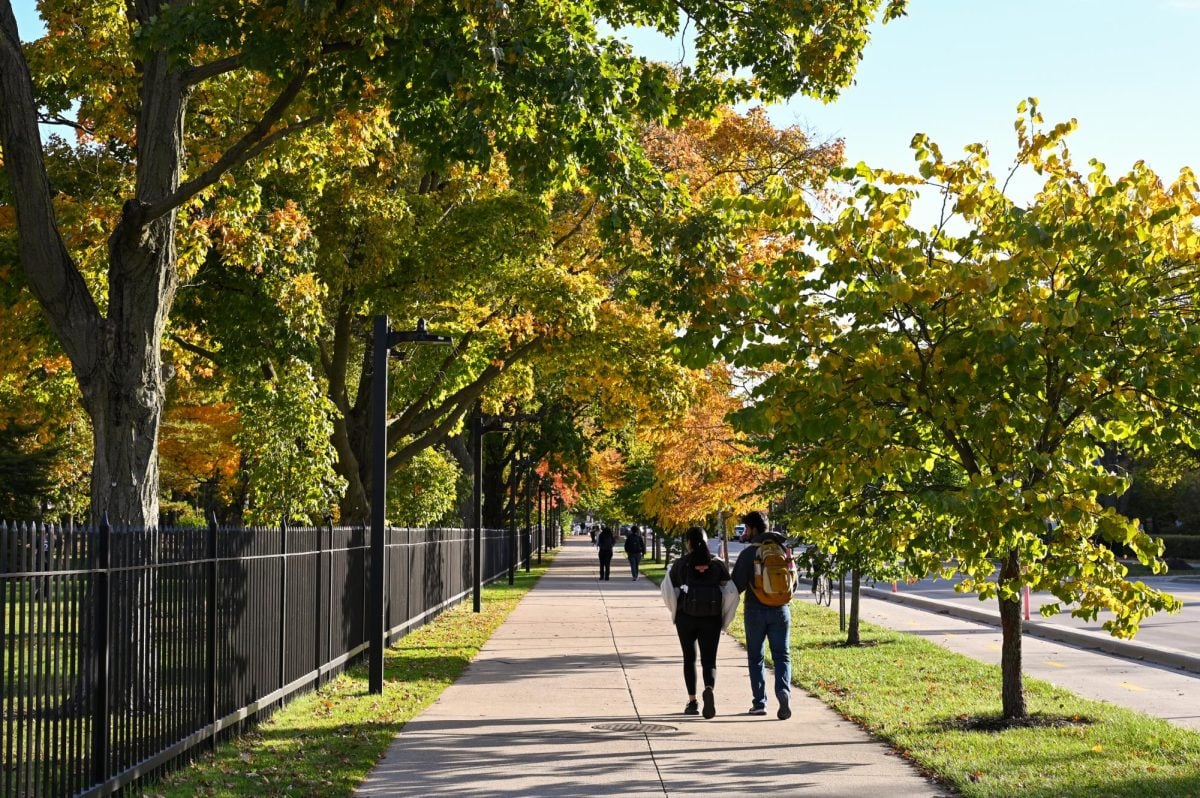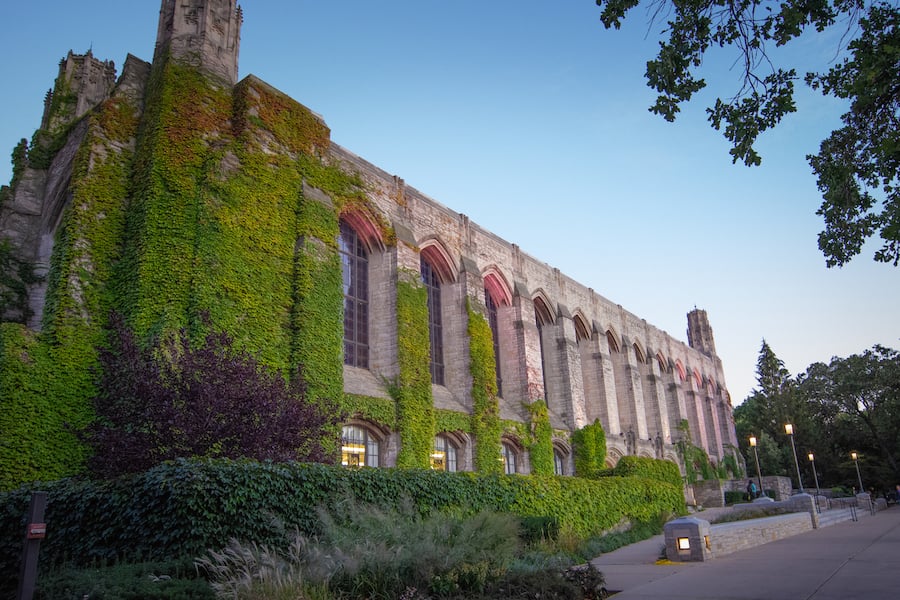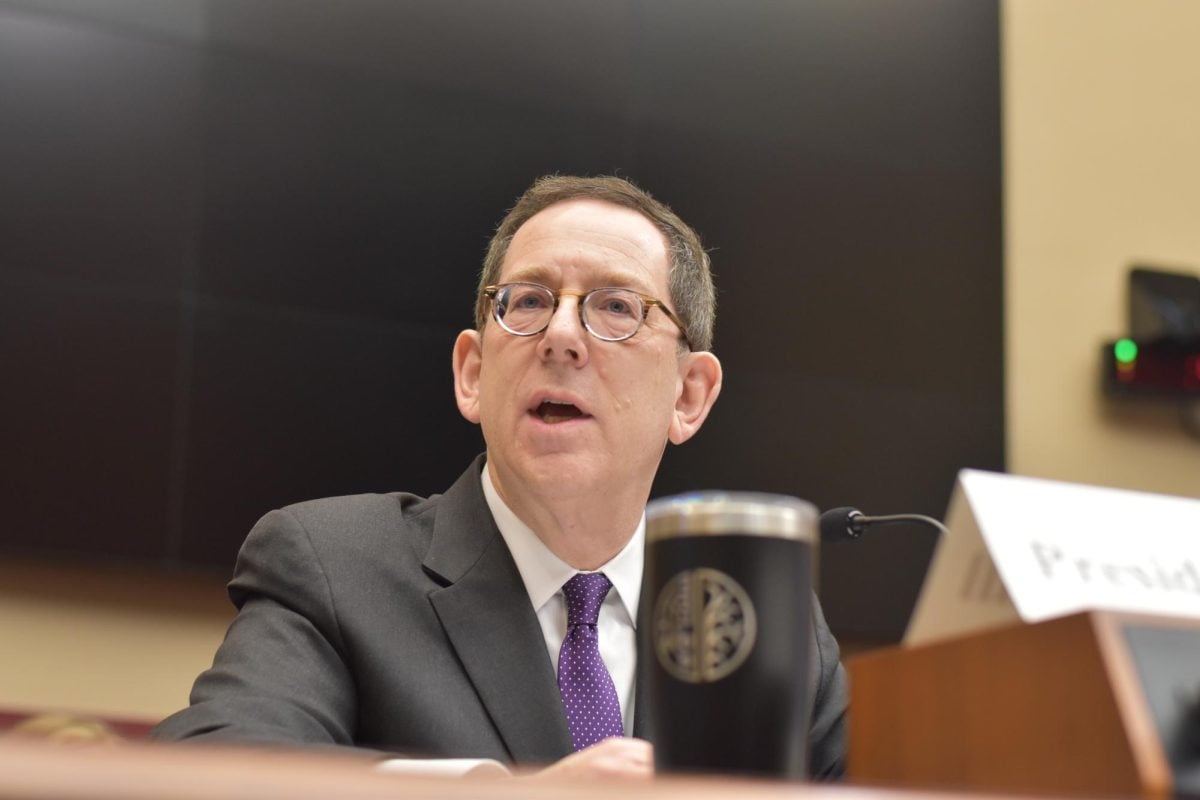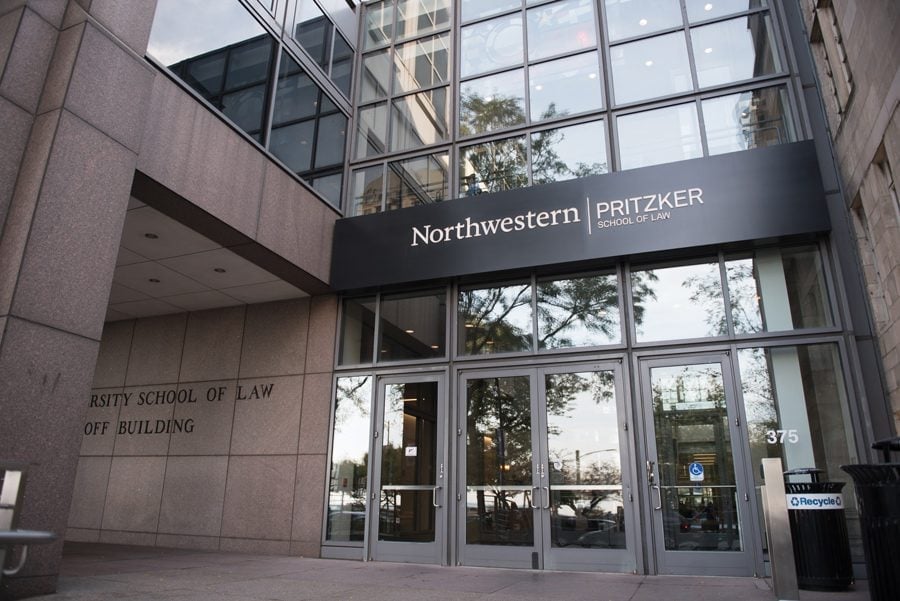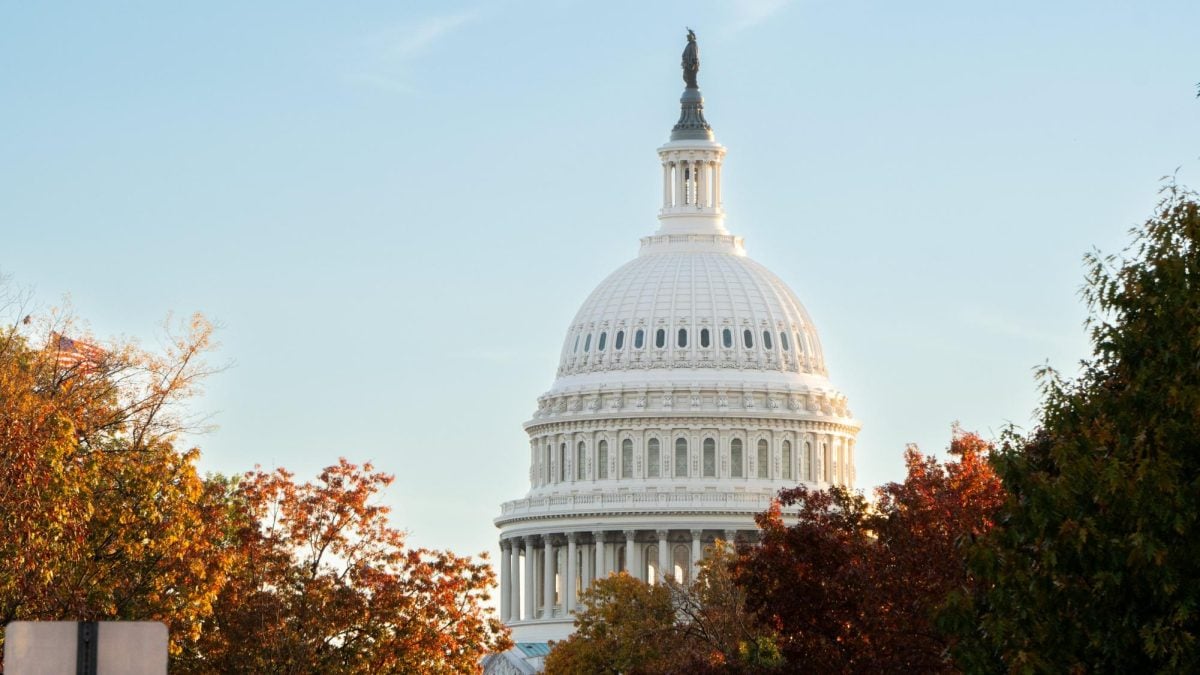Student requests for Counseling and Psychological Services have increased 19 percent this quarter, executive director John Dunkle said, following a 14 percent increase during last academic year — yet the center’s newly-funded position has yet to be filled.
All students who sought help this quarter have at least moved past the initial CAPS assessment, Dunkle said. He added that students are getting attention more quickly this year because of new staff members hired since the spring.
“I’ve seen the impact,” Dunkle said. “We’re also keeping more students in house mainly because we’ve had more staff, and so I think that students are getting in quickly.”
After a student’s initial assessment, CAPS determines how to treat students based on their individual cases. Dunkle said there is currently a wait list for ongoing therapy services, though he added wait lists are common in counseling centers regardless of staff size.
CAPS is still in the process of hiring its third new psychologist, a position for which Student Affairs gave funding in the spring. The new psychologist will specialize in the mental health of NU’s Latino population. Dunkle said CAPS is having trouble filling the position but is “working on it.”
“I think that once we get that other staff member we’re going to be pretty close in line to where our peers are in terms of staff-to-student ratio,” Dunkle said.
He attributes the increase in demand to several factors, including CAPS outreach efforts, a larger staff and the new Essential NU on mental health attended by all new students during Wildcat Welcome in September.
“I think part of it is there is less of a stigma for students trying to reach out for help,” Dunkle said. “I think it’s also been a difficult last year or so in terms of campus tragedy.”
Alex Van Atta, Associated Student Government executive vice president, said although increased demand may have been influenced by recent tragedies, students’ requests are also indicative of more effective campus outreach efforts. He said he hopes the three additional staff members will help cut down wait times, even with rising requests.
“My initial impression is that if people are looking for resources, that’s a good thing that they are getting the help they need,” the McCormick senior said. “We’ve seen in the past that people are hesitant to admit when they need help. I think that’s just something that comes with mental illness on our campus and even in society today.”
ASG recently partnered with NU Active Minds, NU Listens and other student groups to launch Free Your Mind, an online mental health initiative that compiles campus resources.
NU Active Minds co-president Naina Desai said in the past, students seeking non-emergency services had to wait several weeks to get preliminary meetings. She noted that CAPS worked hard to get funding for the new counselors in order to address its long wait list, though it was denied funding for additional counselors it had wanted to hire.
“I’m just hoping that they’re able to keep up,” the Weinberg senior said. “I think that it’s fantastic that more students are going, but I think that the administration needs to realize that we need more counselors to be able to take care of their students.”
Dunkle said he will continue to push for more resources from the University.
“I always am thinking about how we can improve and expand our resources,” Dunkle said. “That’s something as the director that I see as my responsibility, so I definitely am thinking about possibly what we can do to increase services.”
Email: [email protected]
Twitter: @MadeleineElkins
